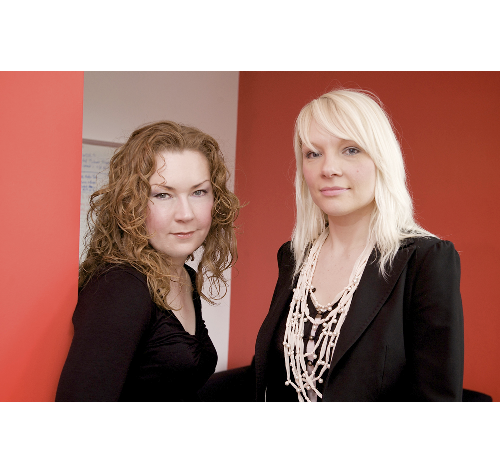Mephedrone could become UK no 1 drug of choice according to new study
07/18/2011 00:00:00

The study led by researchers at Lancaster University and Guy's and St Thomas' NHS Foundation Trust showed that - despite being banned by the UK government - the popularity of mephedrone has surpassed other drugs, both legal and illegal.
The results, published in the Journal of Substance Use on Monday, July 18, were taken from three surveys of 308 customers in two gay-friendly clubs in South London, in July 2010. It is the first survey of its kind investigating ‘legal highs’ in clubs in the capital to be carried out in the field.
In most surveys the ranking of most popular drug choices are cannabis followed by cocaine and ecstasy, whether the sample group is a low drug using group or a high drug using group.
However, in this new piece of research, which was part funded by the British Academy, mephedrone has emerged from near obscurity to become the most popular illegal drug; 41% of those surveyed had taken it in the past month and 27% had either already taken it on the night of the survey or were planning to take it later.
Second-generation ‘legal highs’ were far less popular with clubbers despite the fact they are still legal in the UK; 11% of the sample had taken NRG-1 in the past month and 3% had taken and/or planned to take it on the night of the studies.
The findings are particularly significant given that gay clubbers are renowned “early adopters” of drug trends therefore the results are likely to have implications for the wider population in the future.
Dr Fiona Measham of Lancaster University’s Department of Applied Social Science said: “In summer 2010 mephedrone had overtaken all other illegal drugs to become the number one drug on the South London gay clubbing scene, higher even than ecstasy. Despite being banned, mephedrone's popularity continued and there was no shortage of supplies and no interest in or evidence of displacement to the second generation of legal highs.
“This study highlights the complex relationship between drug policy and drug user behaviour. People do not simply stop using drugs when they become illegal but it does affect the market in terms of price, purity and availability.”
Dr Karenza Moore of Lancaster University’s Department of Applied Social Science said: “Our key finding is that mephedrone has leapfrogged over every other drug to become the number one drug amongst our sample, even after it was banned, whereas there was minimal interest in 2nd generation legal highs.
“Early adopters” of drug trends appear to be undeterred by the legal classification of emergent psychoactive substances. Given the global nature of the trade in “legal highs”, this study also has implications for other countries where mephedrone use is emerging.”
The rise in legal highs: prevalence and patterns in the use of illegal drugs and first-and second-generation “legal highs” in South London gay dance clubs is published in the Journal of Substance Use on Monday, July 18. FIONA MEASHAM1, DAVID M. WOOD2,3, PAUL I. DARGAN2,3, & KARENZA MOORE4
1Department of Applied Social Science, Lancaster University, Lancaster, UK, 2Department of Clinical Toxicology, Guy’s and St Thomas’ NHS Foundation Trust and King’s Health Partners, London, UK, 3Department of Clinical Toxicology, King’s College London, London, UK, 4Department of Applied Social Science, Lancaster University, Lancaster, UK